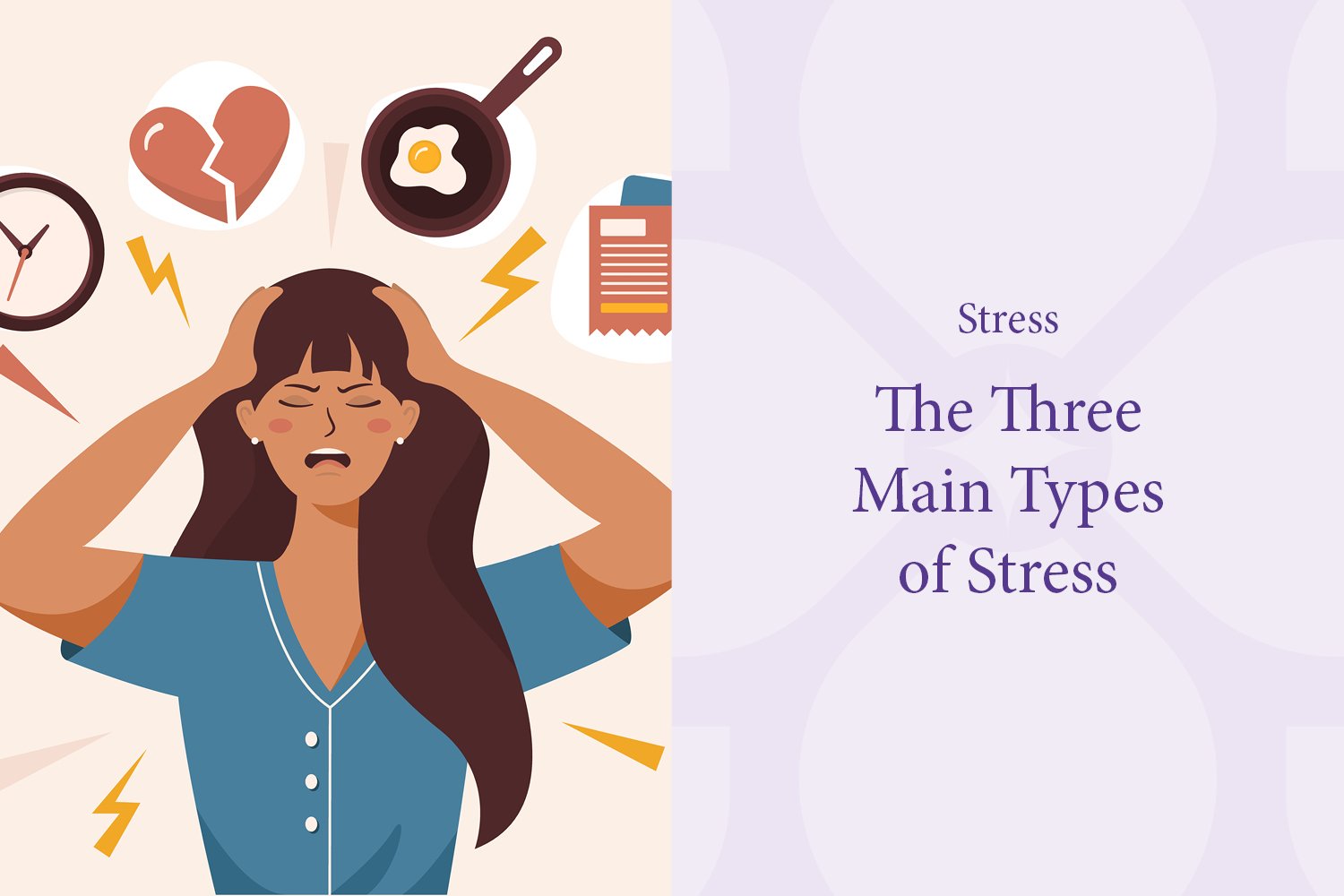Save £45 on all new patient consultations

Life can be demanding, and stress is something we all experience in different forms. While some stress is a normal part of daily life, prolonged or excessive stress can affect your health and how your body feels.
Understanding the three main types of stress – physical, chemical, and emotional – can help you take simple steps to support your well-being.
Physical stress doesn’t always come from a single injury. It can build up gradually from daily habits, especially if they go unaddressed.
Our bodies are built to move, but how we move and how often can have a major impact on spinal health. Poor posture, repetitive movements, or long periods of sitting can all lead to stiffness and tension.
Activities like lifting heavy objects or spending too much time looking down at screens can also place strain on your spine. Over time, this may contribute to restricted joint movement, muscle fatigue, or general discomfort.
Prioritising good posture, mindful movement, and regular activity can significantly reduce physical stress and support lasting spinal health.
Chemical stress occurs when your body is exposed to substances that disturb its natural balance. This can happen through:
These stressors can affect how well your body functions. When your system is working hard to process chemicals or toxins, it may lead to symptoms such as tiredness, skin issues, or increased sensitivity to other forms of stress.
Supporting your body with a balanced diet, clean water, and natural products can help reduce chemical stress and promote better overall health.
Emotional stress, such as pressure at work, family responsibilities, or unexpected life changes, can leave its mark on your body too. It often shows up as muscle tension, poor sleep, or headaches.
When you’re feeling overwhelmed, your body may become more reactive. Muscles tighten, breathing becomes shallow, and you may feel less flexible or more fatigued. While emotional stress is natural, it can affect your posture, movement, and comfort levels without you even realising.
Managing this type of stress is just as important as dealing with physical strain.
Your spine is closely connected to how your body manages stress. Whether it’s holding physical tension or reacting to emotional strain, the spine and surrounding muscles often reflect what’s going on elsewhere in your life.
Chiropractic care focuses on helping joints move freely and comfortably. When your spine is moving well, your body may adapt better to everyday stress. Regular chiropractic check-ups can help identify and relieve areas of built-up tension, supporting better function and comfort.
This isn’t about curing stress itself, but about helping your body cope with it more effectively.
While stress can’t be avoided entirely, there are simple ways to help your body feel more balanced:
These daily habits, along with supportive care when needed, can help reduce the impact of stress over time.
Stress affects the body in more ways than many people realise. From physical tension to chemical exposure and emotional strain, each form of stress can influence how you feel and move.
By understanding the different types of stress and taking action early, you can reduce discomfort and support your body’s ability to stay healthy and mobile. Chiropractic care may be one part of a balanced approach to managing life’s daily demands.